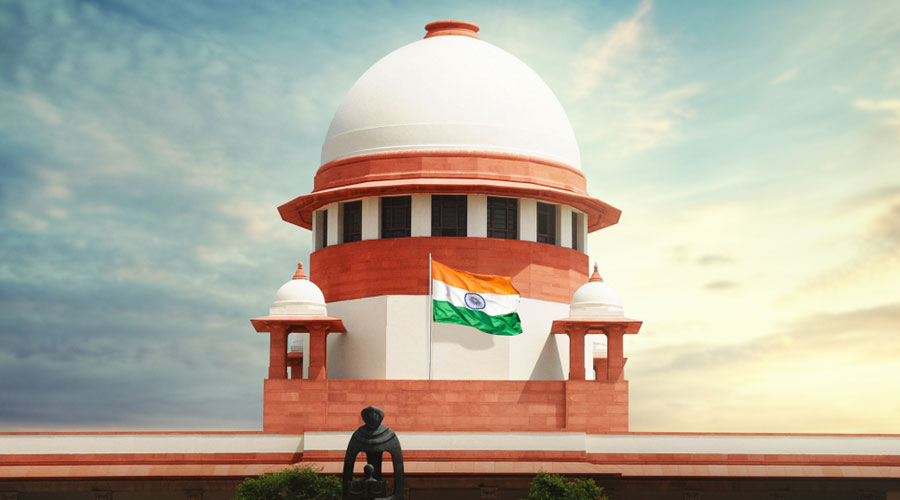Supreme Court Rules Trademark Disputes Can Be Decided Through Arbitration ⚖️
🗓 18-06-2025 10:49 AM |
✍️ Admin | SMT
📘 Introduction:
In May 2025, the Supreme Court delivered a pivotal judgment holding that trademark disputes arising from contract or license agreements can be referred to arbitration. This marks a significant shift in how parties negotiate and resolve trademark-related conflicts under arbitration clauses.
🔍 Case Snapshot:
Case Title: K. Mangayarkarasi & Anr. v. N.J. Sundaresan & Anr.
Court: Supreme Court of India — Bench of Justices JB Pardiwala & R. Mahadevan
🔎 Key Facts:
- Dispute involved a trademark assignment and licence agreement between parties.
- Plaintiff invoked arbitration clause under the contract for disputes.
- Trademark office registrar had jurisdiction, and commercial/higher courts had issued interim injunctions previously.
- Defendant challenged arbitration, citing precedents that trademark, a right in rem, isn’t arbitrable.
⚖️ Core Legal Issues Examined:
- Are trademark disputes inherently non-arbitrable?
- Does an arbitration clause in a trademark assignment/licence override statutory jurisdiction?
- Is the dispute ‘in personam’ (between parties) or ‘in rem’ (against the world)?
🧭 Supreme Court’s Reasoning:
- Trademark rights arising from contracts (licence/assignment) create in-personam disputes, which are arbitrable.
- Allegations involving fraud or statutory violation do not exclude arbitration jurisdiction if they’re based on contractual obligations.
- The Court distinguished between proprietary rights (in rem) and contractual rights (in personam), affirming that the latter can be arbitrated.
- Reliance on UK precedent in Booz Allen and Vidya Drolia affirmed the principle that contractual rights are civil and arbitrable.
📌 Judgment and Outcome:
The appeal was dismissed; arbitration must proceed under the contract.
- Courts must make a mandatory reference to arbitration where the dispute is covered by an arbitration clause.
- Marks a shift in IP dispute resolution — trademark conflicts stemming from contracts can now be redirected to arbitration instead of court proceedings.
💡 Key Takeaways for Businesses:
✅ Arbitration clauses are effective in trademark licence/assignment agreements.
⚠️ Courts cannot override arbitration when disputes are contract-based.
💼 Companies can plan for faster, private, and cost-effective resolution of IP disputes.
🛡️ Protect your interests by carefully drafting robust arbitration clauses.
🛠️ Practical Guidance:
💼 Include clear arbitration clauses in any trademark-related agreement.
📄 Specify scope: cover licence terms, royalty disputes, renewals.
🏛️ Define seat of arbitration and type of arbitration rules (e.g., ICC, SIAC).
🧑⚖️ Engage arbitration-savvy IP counsel when drafting agreements.
📌 Standard Disclaimer:
This content is for general informational purposes only. For personalized legal advice on trademark contracts or arbitration, contact our team at SecureMyTM.com.
Tags: trademark arbitration India 2025, Mangayarkarasi v Sundaresan, Supreme Court trademark arbitration ruling, IP arbitration precedent India, contract-based trademark disputes
